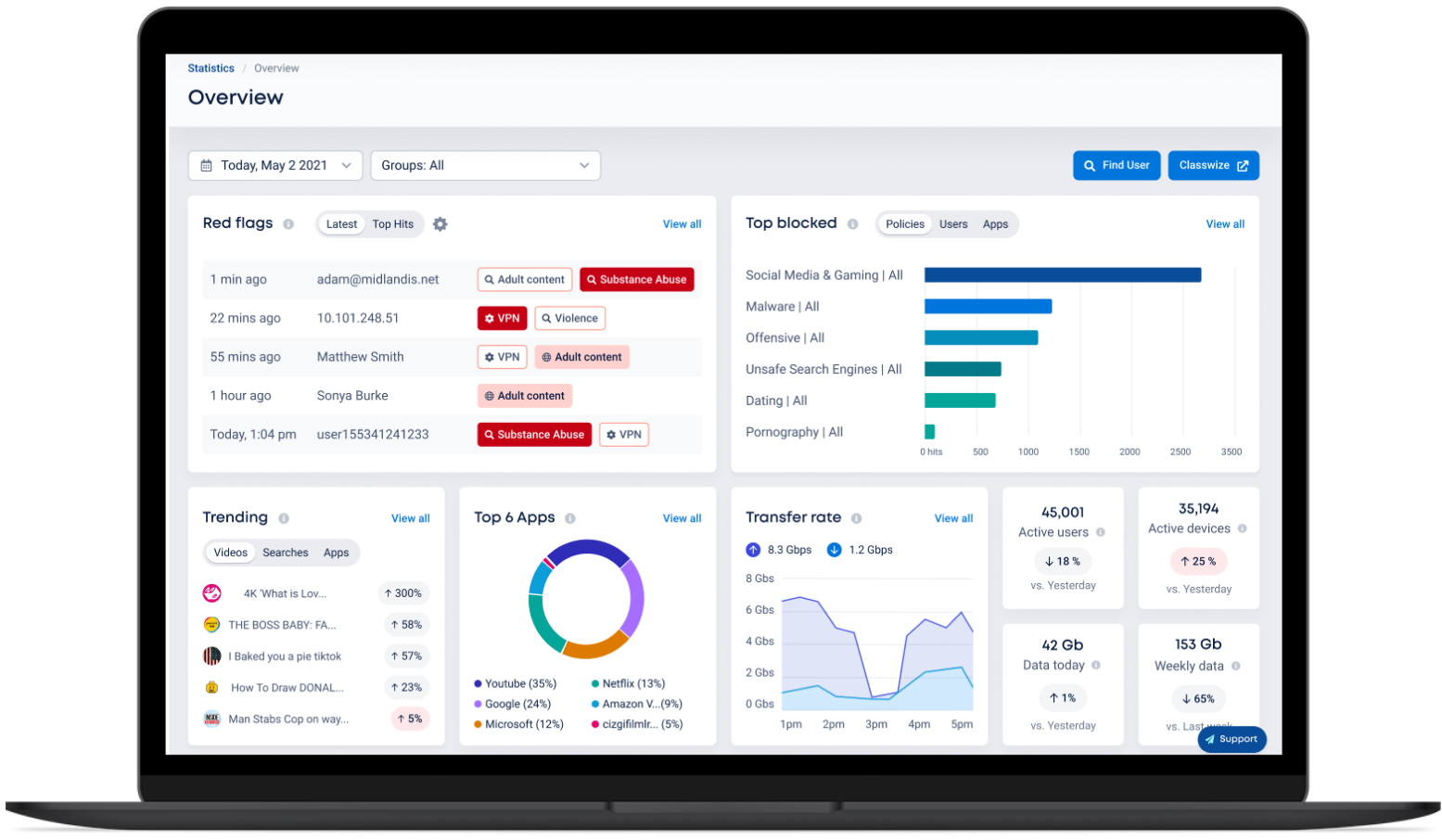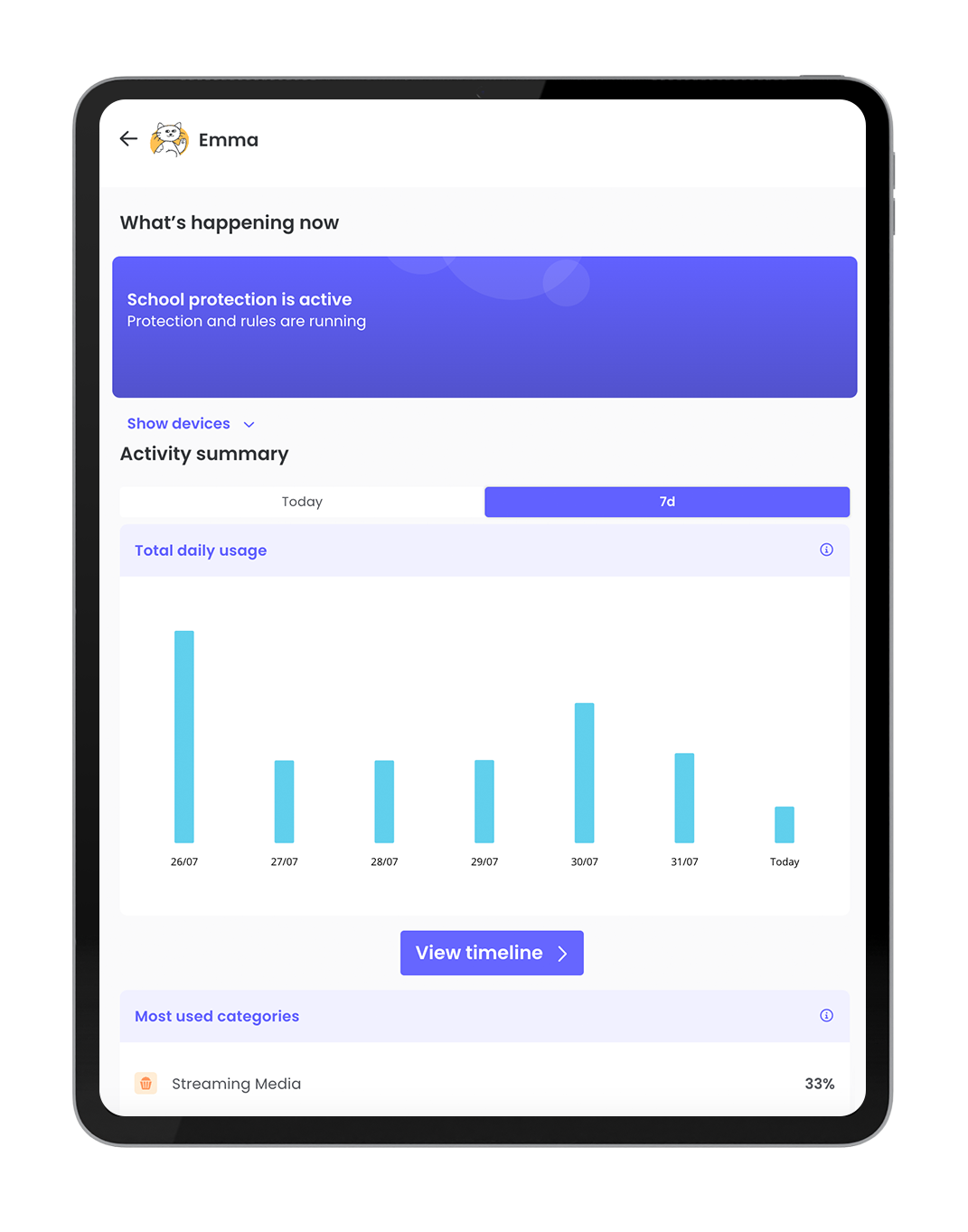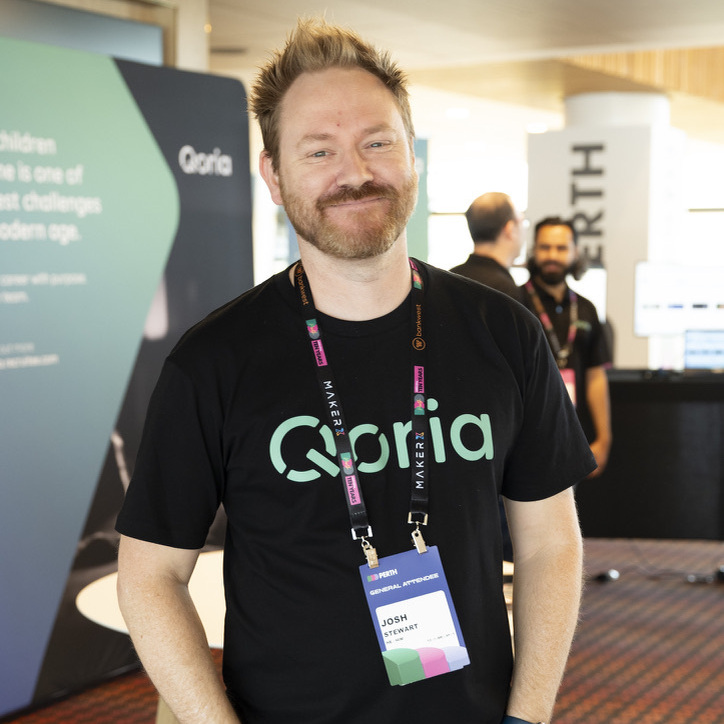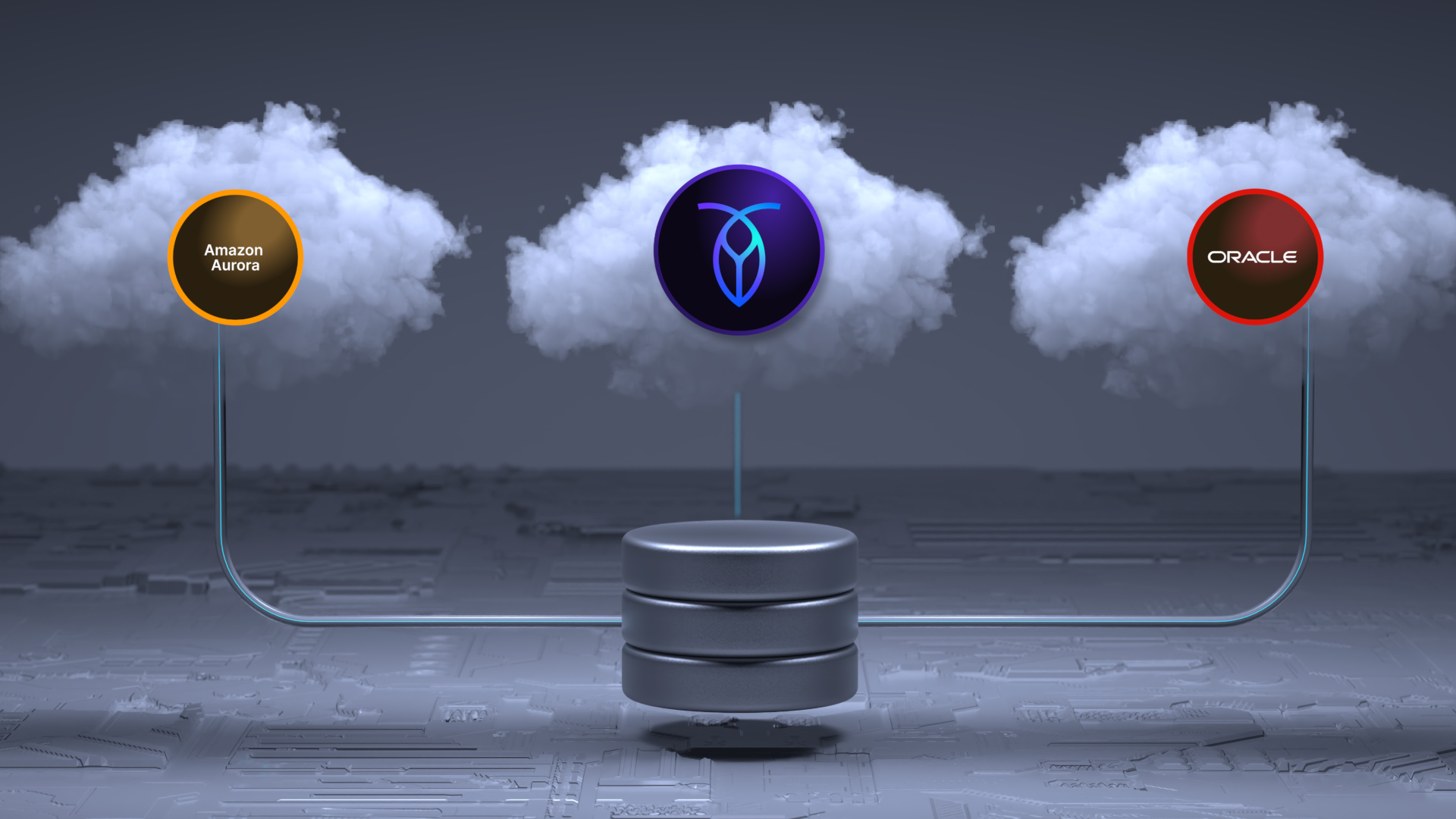For global edtech leader Qoria, data isn't just part of the IT infrastructure — it’s the heart of its mission to protect children online, everywhere they connect.
A unified platform bringing together schools, families, and communities, Qoria provides digital well-being and safety solutions to 25 million-plus students across 29,000 schools on three continents. With brands like Linewize, Smoothwall, Qustodio, and ySafe under its umbrella, Qoria is redefining how child digital safety works, creating a cohesive ecosystem where children are protected whether they’re at school, at home, or anywhere else.
“Our mission is to unite all stakeholders — schools, families, and communities — to elevate child digital well-being to unprecedented levels,” says Josh Stewart, Senior Engineering Manager at Qoria.
That mission is deeply tied to data. The company’s educational products rely on real-time access to accurate user, classroom, and school directory information. It’s vital information that supports everything from monitoring student online behavior to enforcing filtering policies and powering parent notifications. If data is delayed or lost, the consequences can go far beyond customer dissatisfaction.
“If our platform services ever experience issues, it can literally put lives at risk,” says Josh.
Qoria’s commitment to safeguarding children around the clock requires an infrastructure that is always available, consistent, and capable of scaling with demand. As their reach and user base grew, it became clear that their original data architecture couldn’t keep up.
They would find their solution in CockroachDB, the distributed SQL database that powers global scale and provides unmatched resilience.
Growing pains: Scaling beyond PostgreSQL
Before CockroachDB, Qoria relied on a traditional PostgreSQL deployment hosted on Google Cloud Platform (GCP) to manage core data like users, groups, and classrooms. It worked well at first. However, as they broke into expansive new markets like North America and onboarded millions of new users each year, the cracks began to show.
The Linewize School Manager dashboard.
“Our database was designed for simplicity, not scale,” Josh explains. “It served us well at first, but as our company grew, so did our data. Before long, our weary system began to strain under the ever-growing expectations we had to meet.”
The technical challenges unleashed serious operational impacts. As usage surged, Qoria ran into performance bottlenecks and availability concerns. The architecture lacked the elasticity to support major usage spikes — particularly during critical times like the back-to-school rush in the United States.
The pressure was on to forge a new path. “We could foresee back in early 2021 that in 12 months our PostgreSQL setup just would not handle the load from our US school customers starting their next school year,” Josh recalls.
Qoria considered NoSQL databases as an alternative, but the duplication required at their scale proved unworkable. They needed a different kind of database — one built to scale horizontally, maintain strong consistency, and deliver the resilience required to support 24/7 services across regions.
Priorities point to CockroachDB
In their search for a next-generation data platform, Qoria evaluated several options, including Google Spanner. Ultimately, CockroachDB emerged as the best fit for their needs.
“We prioritized 24/7 availability, horizontal scaling, strong consistency, ACID transactions, elasticity, and low total cost of ownership,” says Josh. “CockroachDB came out on top from a cost and maturity perspective.”
Familiarity was another big factor. Qoria had engineers with prior experience deploying CockroachDB in high-scale environments, and the team was impressed by the product’s multi-region capabilities. This would prove crucial as Qoria unified its platform across geographies.
Rather than migrate legacy systems, Qoria opted to build a new platform service from scratch using CockroachDB and Go, hosted on Google Kubernetes Engine (GKE). That service now underpins core parts of their educational product suite, powering search-as-you-type functionality for users, groups, and classrooms and serving as the central repository for school directory and classroom data.
“The switch simplified our architecture, improved the local development experience, and eliminated the need for separate search infrastructure,” says Josh.
A view of the Qustudio tablet dashboard.
Optimized for growth, ready for anything
Adopting a distributed SQL database like CockroachDB was only the beginning. To truly harness its capabilities, Qoria focused on maximizing performance and efficiency.
“We learned a lot about how to optimize schemas and queries to get the most out of Cockroach,” states Josh. “During one 12-month period, we were able to help our business add 2.5 million new users to the platform while keeping our CockroachDB clusters on identical hardware.”
That headroom proved essential for Qoria’s fast-paced growth. And thanks to CockroachDB’s resilient architecture, Qoria could ensure their systems remained always available, even as demand surged.
Today, Qoria runs CockroachDB in a fully managed configuration across three GCP regions: the United States, Australia, and the European Union. The system supports critical capabilities used by both internal product teams and end customers.
“CockroachDB underpins one of Qoria’s core platform services, providing our product engineering teams with highly available and up-to-date school, guardian, teacher, and student data, at scale,” Josh notes.
It’s also becoming a key piece of the company’s ongoing unification strategy. As Qoria continues to integrate its acquired brands and products into a single platform, CockroachDB’s ability to offer global consistency, simplified operations, and seamless multi-region deployment is proving invaluable.
Beyond its core role in powering services, CockroachDB’s built-in features have also helped Qoria improve observability and cost management. The team has made use of features like change data capture, row-level TTL, and Datadog integration to further streamline operations and development workflows.
Qoria also partnered closely with Cockroach Labs early on to evaluate and implement the new Standard Tier cluster type — an experience that left Josh impressed. “We’ve had good success with Cockroach Labs’ support team helping us through various challenges, with excellent technical support,” he says.
Josh Stewart is Senior Engineering Manager at Qoria.
Building the future of digital well-being, together
As Qoria looks ahead, its vision for protecting children online continues to grow in scope and sophistication. Its infrastructure needs to keep evolving too.
Josh’s team is exploring ways to further reduce latency across regions by leveraging CockroachDB’s multi-region clustering. They’re also evaluating the Standard Tier clusters more broadly as a cost-optimization strategy. With CockroachDB already powering their search functions, Qoria is considering new AI-supporting features like semantic search to drive even better user experiences.
The bottom line: Qoria’s commitment to 24/7 protection for children calls for a database platform that’s as resilient and responsive as they are. With CockroachDB, they’ve discovered a partner ready to scale, evolve, and support their mission — every step of the way.
“We’re committed to creating a safer digital world for children,” Josh concludes. “CockroachDB is a critical part of how we deliver on that promise.”
See how distributed SQL can bring global scale and unmatched resilience to your platform: Visit here to talk to an expert.
David Weiss is Senior Technical Content Marketer for Cockroach Labs.








